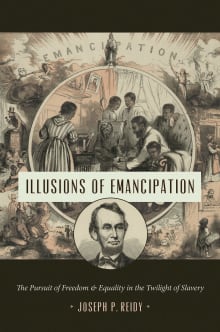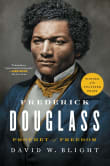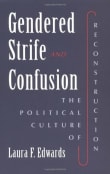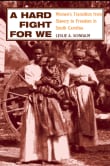Illusions of Emancipation

Book description
As students of the Civil War have long known, emancipation was not merely a product of Lincoln's proclamation or of Confederate defeat in April 1865. It was a process that required more than legal or military action. With enslaved people fully engaged as actors, emancipation necessitated a fundamental reordering of…
Why read it?
2 authors picked Illusions of Emancipation as one of their favorite books. Why do they recommend it?

Reidy's book is an elegant and engaging read, but it is not an easy one.
It illustrates how the process of emancipation actually played out on the ground after Abraham Lincoln issued his famed Emancipation Proclamation in 1863. It takes us away from the marble edifices of Civil War Washington and into the dirt, showing us how messy the process of implementing freedom truly was.
It does so, moreover, by centering our attention on the actual men and women fighting for their own freedom. Reidy offers us historians a seminal reminder: change is not made solely from on high.
From Frank's list on the long and difficult fight against slavery in America.

In the best scholarly tradition, Joseph P. Reidy manages to synthesize a half-century of groundbreaking scholarship on emancipation during the Civil War era while also anchoring his work in deep archival research and forwarding a unique and original argument. Utilizing the historian’s equivalent of a theory of relativity, Reidy contends that time and place become malleable during moments of upheaval and trauma—such as war and emancipation. Although historians generally adhere fairly strictly to chronology, I find this to be a bold and innovative idea, one that has implications far beyond the study of the U.S. Civil War and emancipation.…
From John's list on emancipation during the U.S. Civil War.
If you love Illusions of Emancipation...
Want books like Illusions of Emancipation?
Our community of 12,000+ authors has personally recommended 100 books like Illusions of Emancipation.






























